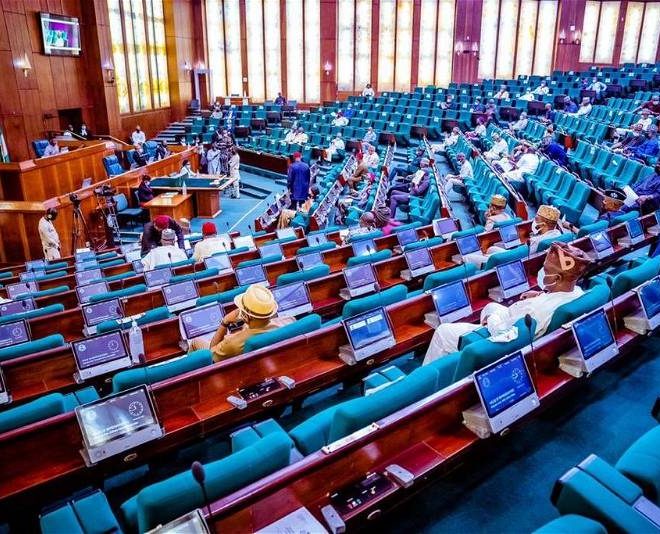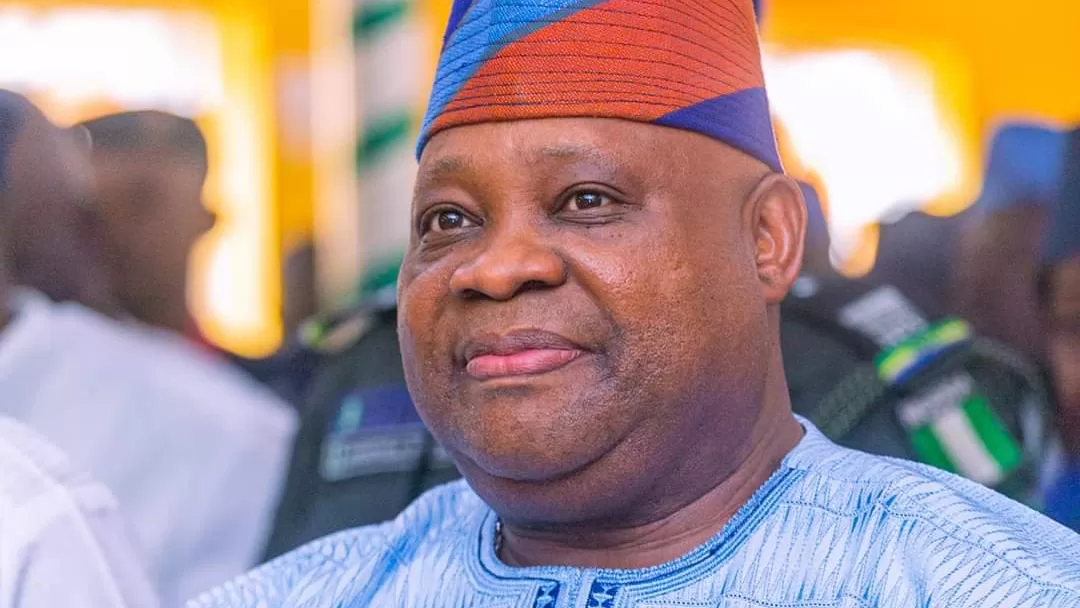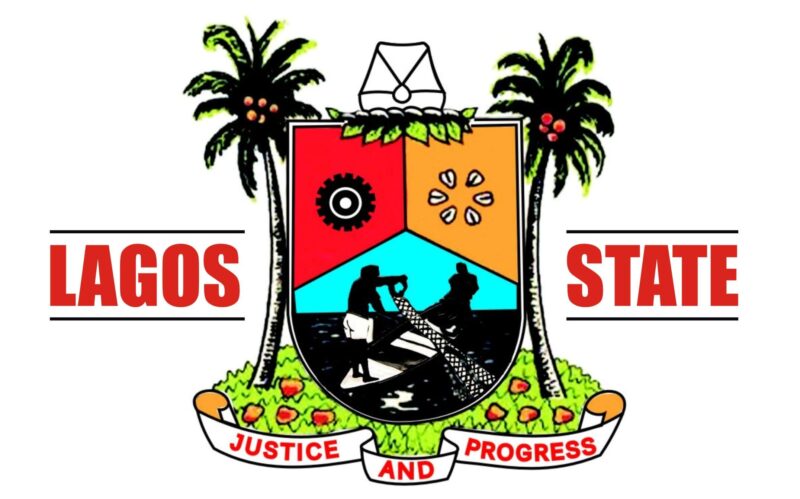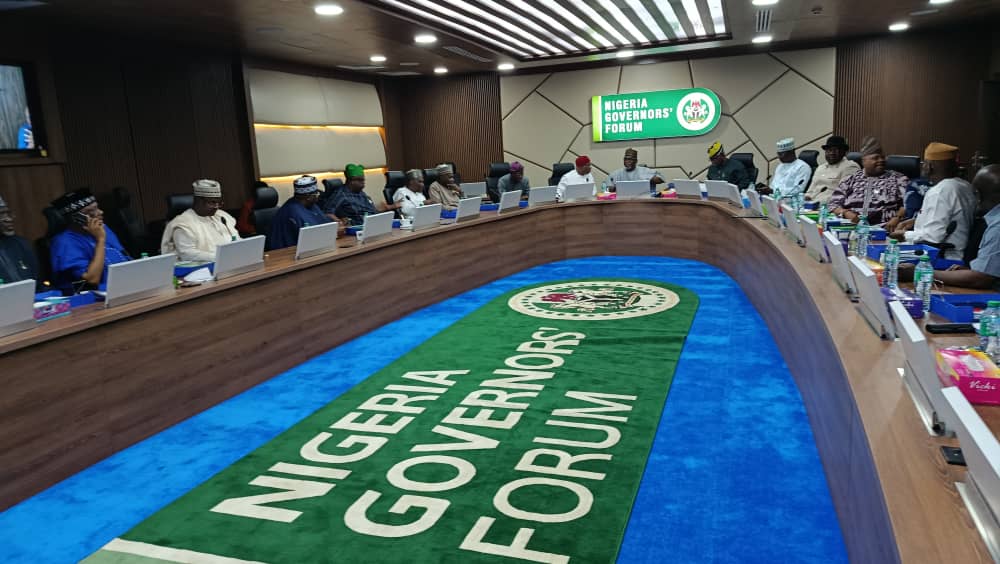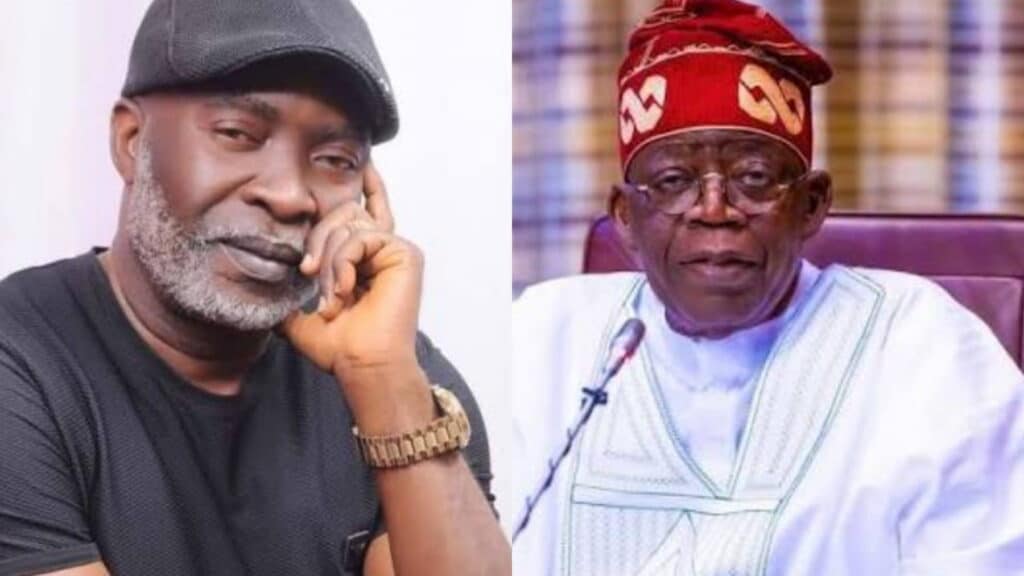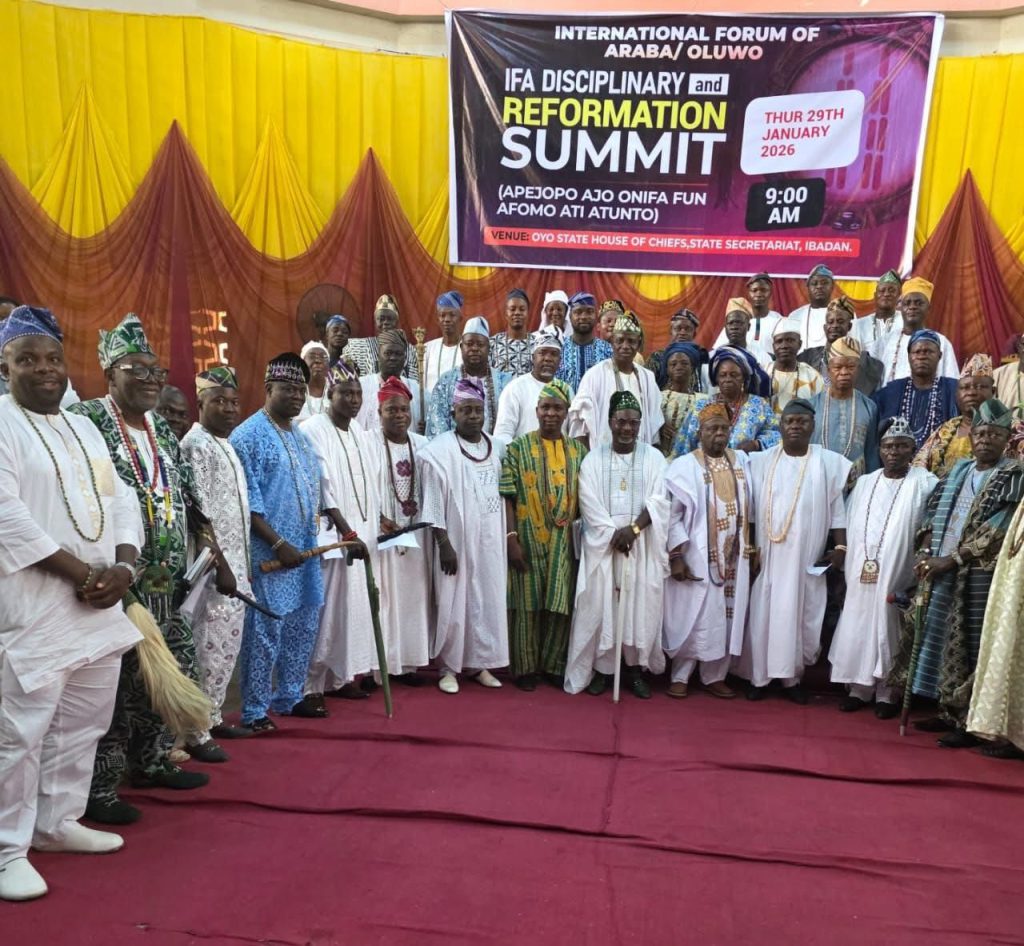The Nigerian House of Representatives has suspended debate on the Tax Reform Bills following northern governors’ opposition, sparking national debate.
[dropcap]T[/dropcap]he House of Representatives has indefinitely postponed the debate on the Tax Reform Bills initially scheduled for Tuesday, 3 December 2024, due to growing resistance from northern lawmakers and governors.
The controversial bills, introduced by President Bola Tinubu, aim to overhaul Nigeria’s tax system but have met significant regional opposition.
Also read: FIRS chairman clarifies tax bills, assures federal agencies on funding, independence
The debate was suspended through a memo signed by the Clerk of the House, Dr Yahaya Danzaria, citing the need for broader consultations with stakeholders.
This decision follows vehement objections from 73 northern lawmakers and the 19 northern governors, who argue the reforms disproportionately disadvantage their region.
A leaked video revealed intense discussions during a closed-door session where lawmakers, particularly from the North-East, voiced concerns about the reforms exacerbating poverty in already disadvantaged regions.
One representative stated, “The North-East, even before the insurgency, was the poorest region in Nigeria. These reforms will only worsen the situation.”
The proposed legislation includes the Nigeria Tax Bill 2024, aimed at restructuring the fiscal framework, and the Tax Administration Bill, which seeks to streamline tax processes. Other bills involve establishing a new Nigeria Revenue Service and creating a tax tribunal.
While the federal government asserts these reforms will modernise tax administration and increase revenue, critics, including Borno State Governor Babagana Zulum, have called for more deliberation.
Governor Zulum remarked, “Why rush? The Petroleum Industry Bill took decades. Let’s proceed carefully to ensure fairness.”
Northern leaders argue that the proposed Value Added Tax (VAT) sharing formula would disproportionately benefit Lagos while undermining northern and other southern states.
The Kano State caucus unanimously rejected the bills, while Sokoto’s Senator Aminu Tambuwal criticised the timing, citing economic hardship across Nigeria.
Despite opposition, some southern groups, including Afenifere, have endorsed the reforms, emphasising their potential to stimulate economic growth and improve fiscal equity.
Supporters of the bills, including APC lawmakers, continue lobbying to address contentious issues and secure broader support.
However, with regional divisions starkly evident, the journey to passing these reforms remains uncertain.
Source: Read more at gazettengr.com


